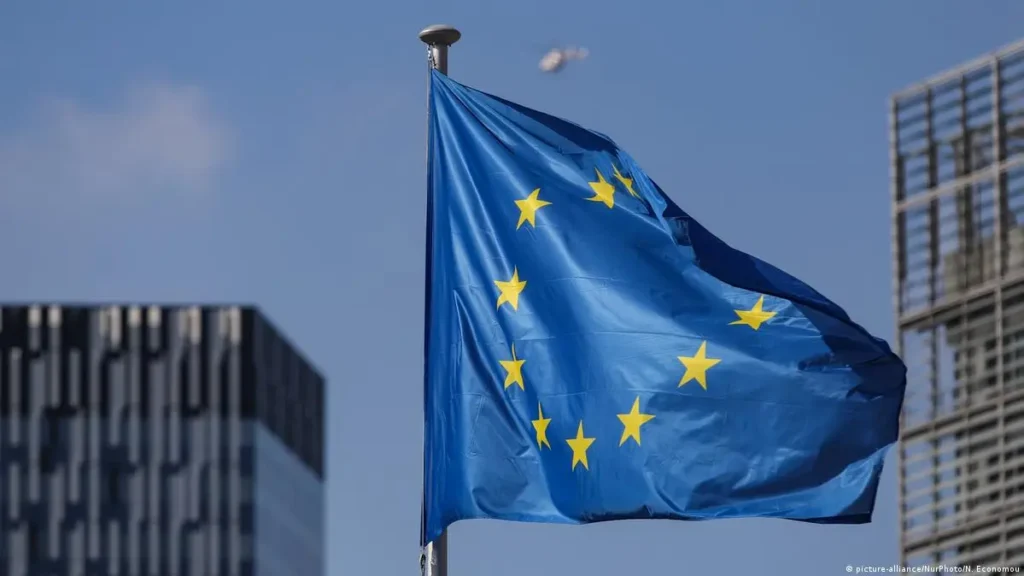SOURCE: AFI

As tensions escalate in the ongoing conflict between Russia and Ukraine, the recent imposition of sanctions by the European Union (EU) against Chinese and Indian firms has sparked significant debate and speculation regarding its efficacy and potential implications. In a report by the CCP mouthpiece Global Times, Chinese analysts assert that these sanctions, aimed at curtailing trade with Russia, may not contribute to Ukraine’s efforts in the war. Rather, they underscore the broader geopolitical maneuvers at play and the complexities surrounding international relations.
The EU sanctions, which target companies from China, India, and several other countries including Sri Lanka, Turkey, Thailand, Serbia, and Kazakhstan, signify a strategic move by Western powers to exert pressure on Russia amidst its military advances in Ukraine. However, the effectiveness of such measures remains uncertain, particularly in light of past experiences with sanctions against Russia.
The rationale behind expanding sanctions beyond Russian entities reflects a broader strategy to leverage economic influence as a means of coercion in geopolitical conflicts. By targeting firms engaged in trade with Russia, the EU seeks to create economic repercussions that may influence Russia’s behavior on the battlefield and force it to reconsider its military actions.
Nevertheless, Chinese analysts caution against overstating the potential impact of these sanctions. They argue that despite concerted efforts by the EU and other Western powers, previous sanctions against Russia have yielded limited success in altering its strategic calculus. Moreover, the inclusion of Chinese and Indian firms in the latest round of sanctions raises questions about the broader implications for global trade and diplomatic relations.
From the Chinese perspective, the sanctions represent yet another instance of external pressure aimed at constraining the country’s economic activities and global influence. China, as a major player in the global economy, views such measures as attempts to disrupt its economic partnerships and undermine its role in international affairs.
Furthermore, the inclusion of Indian firms underscores the interconnected nature of global trade and the complexities of navigating geopolitical fault lines. India, a key player in the region, finds itself caught between competing interests, balancing its strategic partnership with Russia against its broader diplomatic objectives and alignment with Western powers.
As the Ukraine conflict unfolds, the imposition of sanctions against Chinese and Indian firms adds a new dimension to the evolving dynamics of international politics. It highlights the challenges of maintaining a delicate balance between economic interests, geopolitical considerations, and the pursuit of peace and stability on the global stage.






